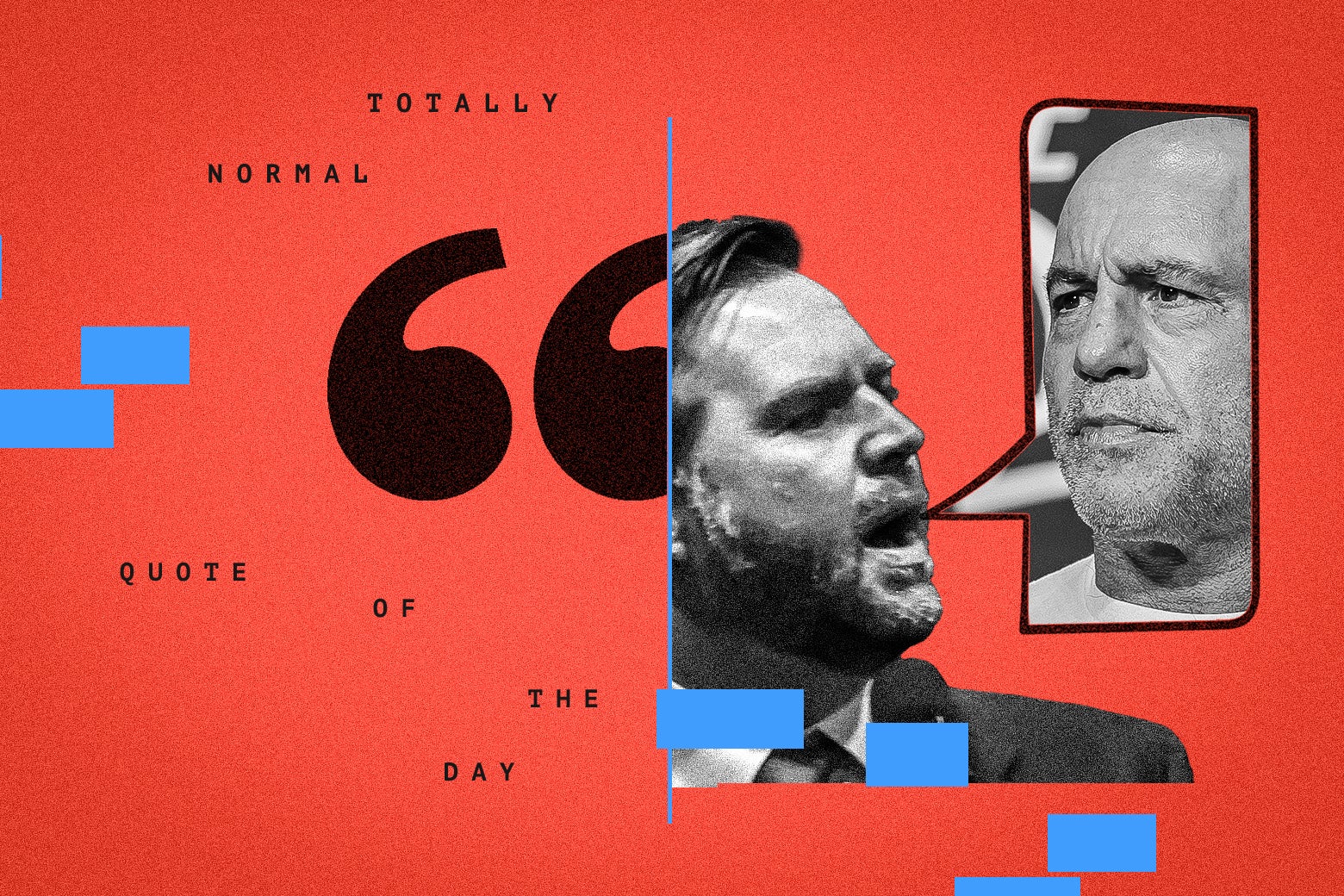Politics
J.D. Vance’s Eye-Opening Moment on Joe Rogan’s Show

In a recent episode of The Joe Rogan Experience, J.D. Vance stirred quite the reaction with his controversial remarks. One particularly striking claim came as he discussed the correlation he sees between testosterone levels in young men and conservative political views. Vance suggested that the decline of health among young men could be a strategy employed by Democrats to sway political alignment. This statement exemplifies the prevailing themes of masculinity that Vance is pushing in the GOP narrative, particularly as the Trump campaign focuses on energizing its base.
During the three-hour conversation, Vance seized a moment when Rogan linked martial arts to conservatism, aligning physical discipline with political loyalty. He inferred that low testosterone might lead to liberalism, implying that political engagement is rooted in biology. Vance further criticized the body positivity movement, hinting that such societal trends are a concern for conservative values. His commentary took a sharp turn toward LGBTQ+ issues, where he expressed his belief that traditional masculine values are under siege.
Vance’s contention that Donald Trump would capture the “normal gay guy vote” reflects his view that some individuals feel alienated by the current LGBTQ+ discourse. He seemed to argue that many gay men are frustrated with the broader discussions about gender identity that are now prevalent. He implied that this group would naturally lean toward conservative ideals, as long as they conform to traditional views on gender roles.
Vance’s words on transgender issues were strikingly vivid, framing transgender women as a threat to traditional masculinity. He admonished the visibility of transgender individuals in public spaces, asserting that their existence impinges upon societal norms, and he expressed apprehension over the involvement of children in discussions about gender identity.
Perhaps one of his most extravagant assertions was that white middle-class families are somehow driven to encourage their children to identify as transgender for the sake of gaining admission to elite universities. Vance argued that in a competitive educational landscape, adopting a transgender identity may provide a perceived advantage within the diversity, equity, and inclusion agenda that permeates higher education. This assertion, devoid of concrete evidence, plays into a narrative suggesting that the pursuit of privilege leads to absurd lengths.
Through this lens, Vance paints a portrait of a society where the traditional social order is under siege by liberal ideologies that, in his view, create inequities for white individuals. The resulting discourse appears to echo a sentiment among a segment of Rogan’s vast audience—one that rejects modern understandings of masculinity and gender.
This blend of traditional viewpoints and bravado serves as a stark reminder of the ongoing cultural debates that are reshaping America as the 2024 election approaches. Vance’s remarks encapsulate a more extensive attempt to rally support by evoking strong emotional responses to gender identity and traditional values, framing them as central issues for the upcoming election.
